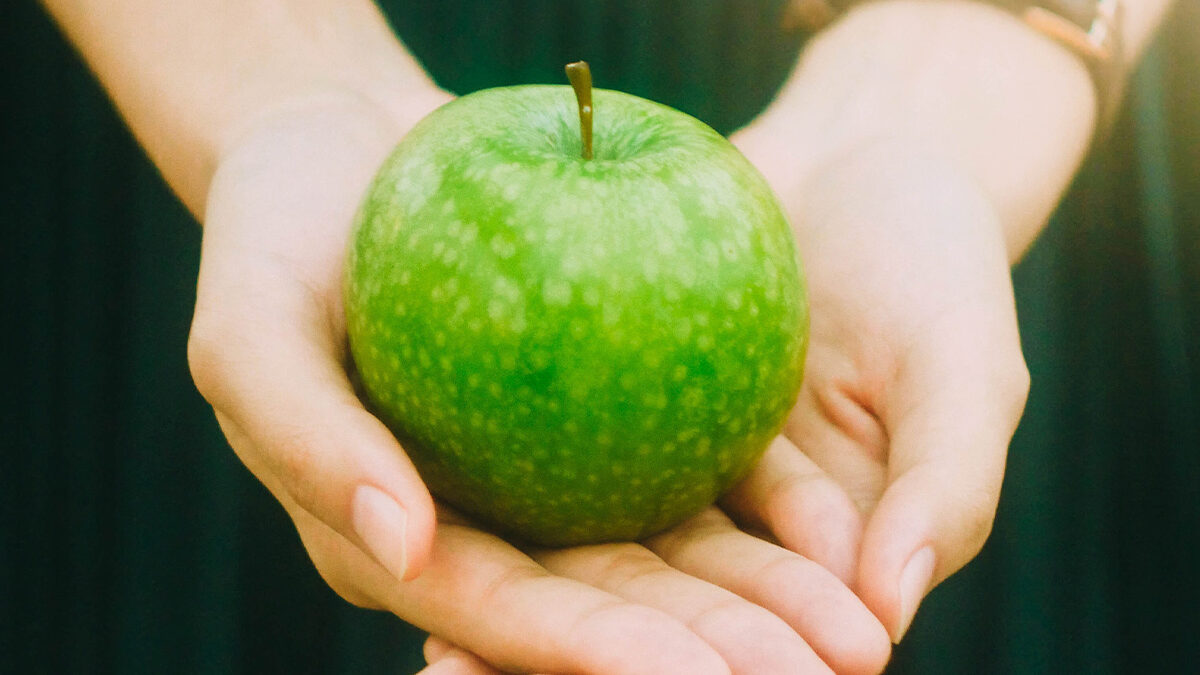As COVID-19 continues to command our attention and dominate news cycles, it can be difficult to make space for practically anything else. And while it’s easy to become myopically focused on the pandemic immediately in front of us, those other global crises (poverty, malnutrition and climate change) aren’t going anywhere. In fact, COVID-19 has strikingly underscored the importance of healthy, sustainable food systems, while simultaneously obfuscating it with more pressing anxieties.
So how can we balance these parallel – or, more accurately, intersecting – challenges? Burying our heads in the sand won’t help, but neither will tone-deaf messaging or strictly purist points of view. Here are a few tips for keeping sustainable food choices top-of-mind while staying rooted in the realities of the current novel coronavirus.
- Promote education over purchase decisions. More than one in 10 American households were food insecure prior to the pandemic, and with record numbers of people filing for unemployment every week, consumers’ food dollars are stretched increasingly thin. No one should be made to feel that their carbon footprint is based no the products or brands they put in their shopping cart. Communications should aim to share knowledge over driving sales.
- Encourage dietary behaviors that pull double-duty. Or triple-duty! Small behavior changes like meal planning, mindful eating and smaller portioning can help support health, minimize food waste (and consequently greenhouse gas emissions), and maximize food budgets all at once.
- Offer options. Lots of different lifestyle choices can contribute positively to a balanced, healthy and sustainable diet. When providing consumers with recommendations, offer several options and suggest they choose just one or two that feel realistic.
- Make sustainability about self-care. To be clear, food is NOT medicine, and no diet can protect someone from contracting COVID-19. However, doing what little we can to stay well during this time (i.e., trying to eat a balance and variety of nutrient-dense foods) is generally a good thing for people and the planet.
- Focus on making a connection. How our food is produced can make more of an environmental impact than what we eat. As we all seek to find new ways to feel connected to others while sheltering in place, now is the perfect time to lean into foods’ origin stories. Feeling good about where our food comes from has never felt so important.
